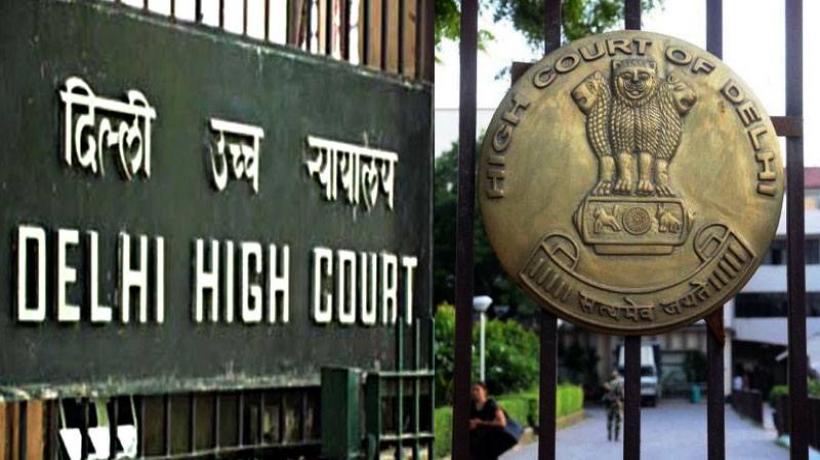The Delhi High Court has recently restrained several entities from reproducing and disseminating content belonging to Bhaktivedanta Book Trust, established by ISKCON founder Srila Prabhupada.
The court stated that, while there can be no copyright in religious scriptures, their adaptations which are “transformative works” like Ramanand Sagar’s Ramayana or BR Chopra’s Mahabharat are entitled to protection from piracy.
Justice Prathiba M Singh, while dealing with the Trust’s lawsuit on the issue, stated that copyright would vest in original parts of works which preach, teach or explain the scripture and the piracy of such copyrighted works of the plaintiff can’t be permitted.
The court ordered in an ex parte interim order, “Defendant Nos.1 to 14 shall stand restrained in any manner from printing, reproducing, communicating, disseminating any part of the Plaintiff’s works to the public either in print form or in audio-visual form or in electronic form including through websites, mobile applications, weblinks, Instagram posts or any other posts on the social media as would result in the infringement of Plaintiff’s copyright.”
It also directed Google LLC and Meta Platforms Inc to take down the infringing works from their platforms while ordering suspension and blocking of the offending links by the authorities. The plaintiff submitted that it has copyright in all works of spiritual teacher Abhay Charanaravinda Bhaktivedanta Swami Prabhupada who simplified the religious books and scriptures and made it easy for the common man to understand them.
Furthermore, it was stated that during Prabhupada’s lifetime and after his “Mahasamadhi” the plaintiff spread his teachings in various forms including printed and audio books, and the defendants were making them available on their online platforms, mobile apps and Instagram handles without any licence or right to reproduce or communicate them.
The court stated, “There can be no doubt that the Shrimad Bhagavad Gita is one of the most revered ancient scriptures in the world. The Bhagavad Gita along with the other scriptures like Bhagavatam which are written about by the Author (Prabhupada) are all public domain works. There can be no copyright claimed in the Scriptures.
However, any adaptations of the said work including providing explanation, summary, meaning, exegesis/interpretation or creating any audio-visual works for eg, television series like Ramanand Sagar’s Ramayana or B R Chopra’s Mahabharata; dramatic works created by drama societies based on scriptures etc, being transformative works, would be entitled to copyright protection – being original works of the Authors themselves.”
Though there can be no objection in the actual reproduction of the text of Shrimad Bhagavad Gita or other spiritual books, the manner in which they are interpreted by different gurus and spiritual teachers “copyright would vest in respect of the original parts of the literary works which preach, teach or explain the scripture.”
The court stated that in the current case, Prabhupada himself set up the plaintiff Trust and handed over the copyrights to be administered by the trust and the defendant’s content was “complete reproduction,” which can’t be done without authorization, license or permission.
These are not mere reproductions of the original scriptures but their meaning, summary, introduction, preface, cover etc, have all been reproduced, the court observed, adding that such conduct has an impact on the plaintiff’s revenue from the copyrighted work.
The court stated that, “Such piracy of the copyrighted works of the Plaintiff-Trust cannot be permitted. If such piracy goes unchecked, the copyright in the said works would be considerably diluted leading to immense loss of revenues to the Plaintiff–Trust. Under these circumstances, this Court is of the opinion that the Plaintiff has made out a prima facie case for grant of an ex parte ad interim injunction.”
















